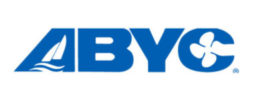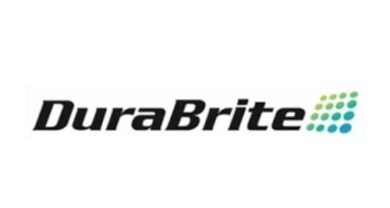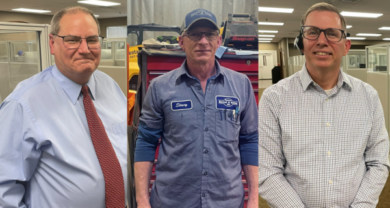Reaching for a common standard
Membership has its advantages, as 3A Marine Service has found. During the past year, the Hingham, Mass., dealership received 100-percent customer service index ratings from all of its vendors, a feat that CEO Ed Lofgren partially attributes to his longtime membership in the American Boat & Yacht Council, which sets service standards for the marine industry.
“It shocked me we were able to [receive perfect scores],” Lofgren says. “That was the first time that’s happened, but a lot of our success is due to ABYC’s standards and training.”
3A Marine Service has been a member of ABYC for 25 years, and Lofgren says the dealership often gets tapped to tackle the tricky repair jobs that other marine dealerships can’t handle. “Everything revolves around service,” Lofgren says. “That’s how we started. Sales emanate from that. I bought that great big [service] book early on, and everything we do around the dealership reflects our service culture.”
The company CEO says that 20 percent of dealership revenues are derived from service, a misleading figure since the dealership sells large boats from Four Winns, Parker, Seaswirl and others.
Dealerships that have received Marine Industry Dealership Certification can now join ABYC for $225 a year and have access to those standards at no extra charge. This represents a 40-percent savings over regular dealership membership plus the cost of purchasing the standards manual, which is available in hard copy, on CD-ROM or through ABYC’s Web-STIR online portal, says Skip Burdon, president of ABYC, based in Annapolis, Md. For at least the next five years, a dealership that remains certified will be able to continue to receive 40-percent off the membership fee per location.
“We’re known as the most aggressive and quickest reacting standards organization around the globe,” Burdon says. “We want dealers to join ABYC so they have the correct and most current [service] documents available to them.”
In Burdon’s view, dealer membership in ABYC “closes the loop” regarding quality in the marine industry. The MIDC program is backed by the Marine Retailers Association of America, and the National Marine Manufacturers Association uses ABYC standards for boat certification, so it makes sense that dealerships should have access to the same standards to maintain and service boats as were used to build them.
“We want to make sure that every boater has a safe, fun experience,” Burdon says. “Safety should be inherent in the product, and technicians should be well-versed in the standards. In today’s litigious society, safety and guidance by industry-accepted standards should be the keys for any marine dealer.”
ABYC training focuses on eight broad marine categories, including electrical, HVAC, gasoline engine, diesel engine and marine systems. While many manufacturers offer product-specific training, ABYC’s courses take a more holistic approach, dealing with overall systems and how they interrelate.
The promotion for certified dealers prompted Paradise Marine Center owner Gene Myers to join ABYC recently. “It’s a good opportunity,” says Myers. “This group basically sets the standards that people go by. That information is good to know, and we’ll take advantage of the training opportunities.”
Myers is sending a technician to an ABYC marine electrical class soon so the Gulf Shore, Ala.-based dealership can stay on top of the proper procedures for wiring systems and color coding. ABYC’s membership offer includes a 20-percent discount off regularly scheduled basic and technical workforce certification.
“We get a lot of boats in here that dealers just rig wiring, and it leaves us scratching our heads,” Myers says. “By having more access to the proper way to do things and the methodology behind it, we can do a better job.”
ABYC has been developing, writing and updating safety standards in the United States for boat building and repair work for more than a half-century, and the organization is actively involved in the International Organization for Standardization, developers of the ISO standards used by companies worldwide.
The organization worked with the National Occupational Competency Testing Institute to create the eight certification courses, says Mike New, ABYC’s education director. The courses are similar to the National Institute for Automotive Service Excellence certifications common in automotive dealerships, and ABYC is seeking to instill that same type of pride into marine technicians.
“We want certified technicians to have a patch on their uniforms and a training certificate on their walls,” New says. “Service should be a differentiator for quality dealerships.”
Each course includes classroom work and an outcomes-based test. The courses have proved popular with manufacturers and high-end dealers, but smaller marine dealerships have expressed a reluctance to send technicians away for training, New says. Reasons may be cost, losing a key revenue source for several days and fear of losing an employee who uses a certification to find another job.
ABYC can’t do anything about the latter reason, but it has developed DVD-based coursework that a technician can use, then go to a local site to take a proctored test. Mail-in coursework also is available.
Lofgren, from 3A Marine Service, remains firmly committed to training and believes that certification programs will benefit everyone.
“ABYC not only sets standards, but it does a damn good job of doing it,” says Lofgren. “If everybody joined and adhered to the standards, this industry would be far better and loads of people could get 100 percent CSI.”




